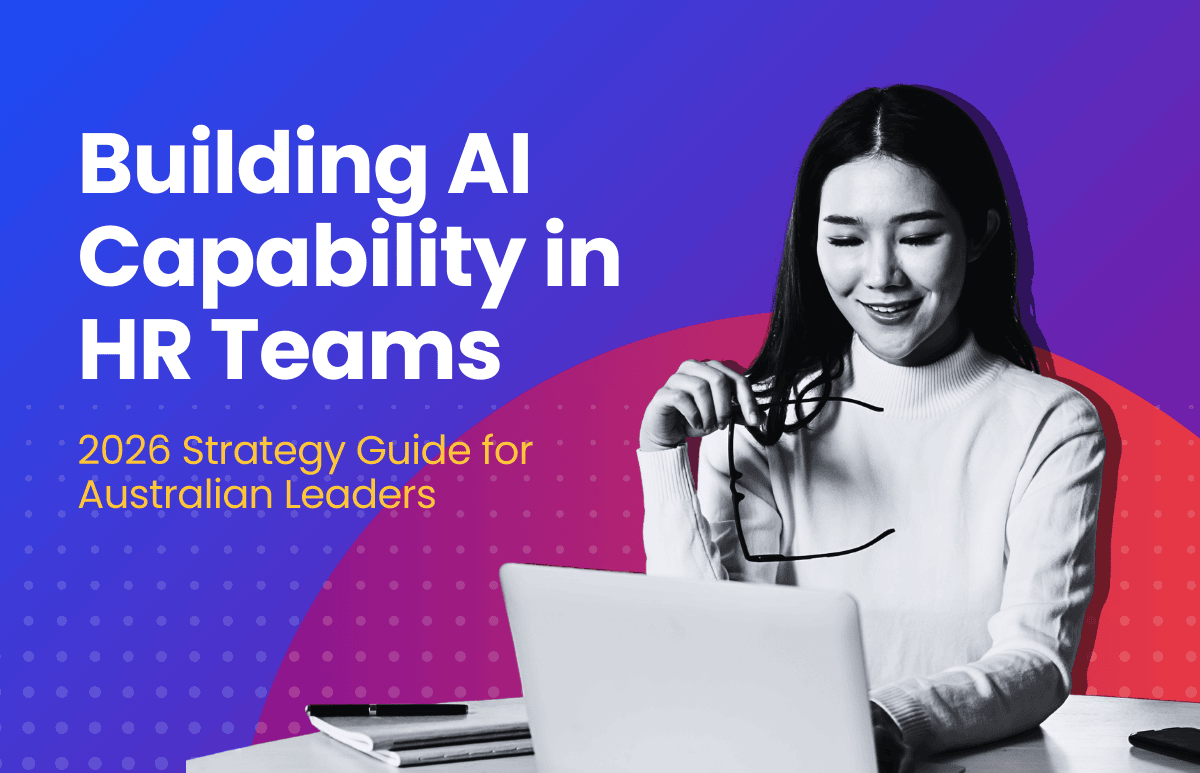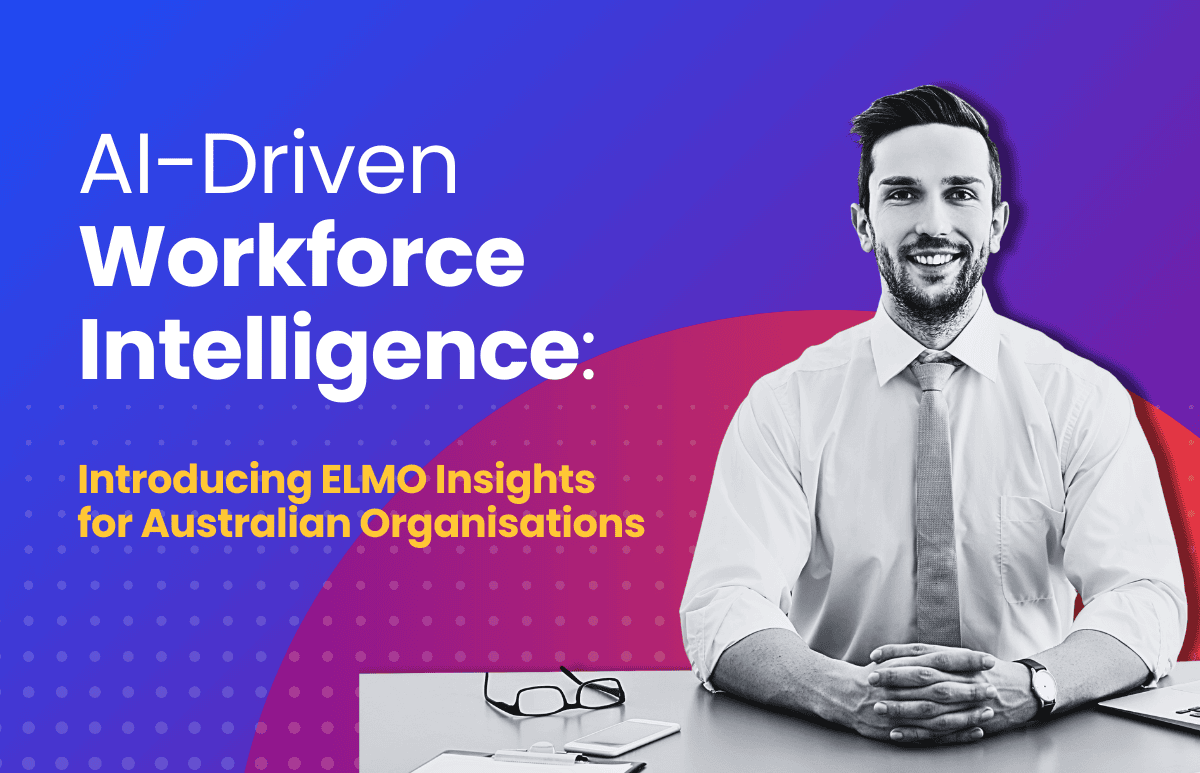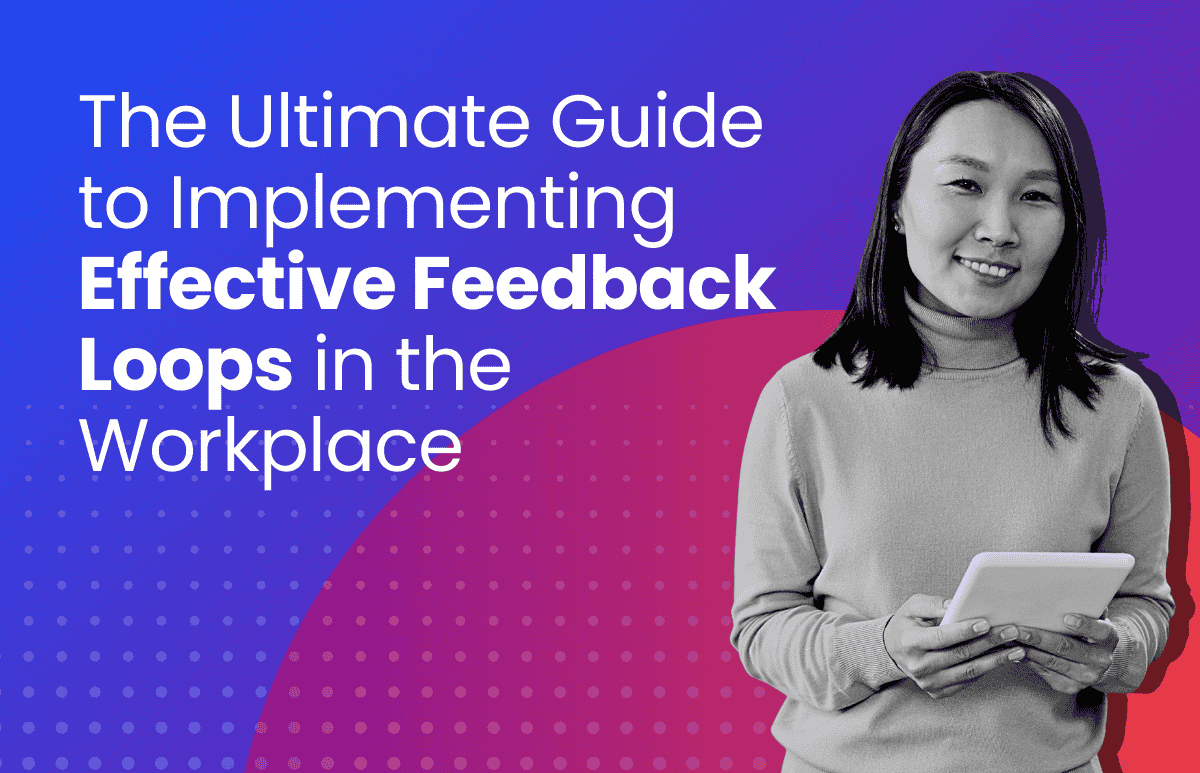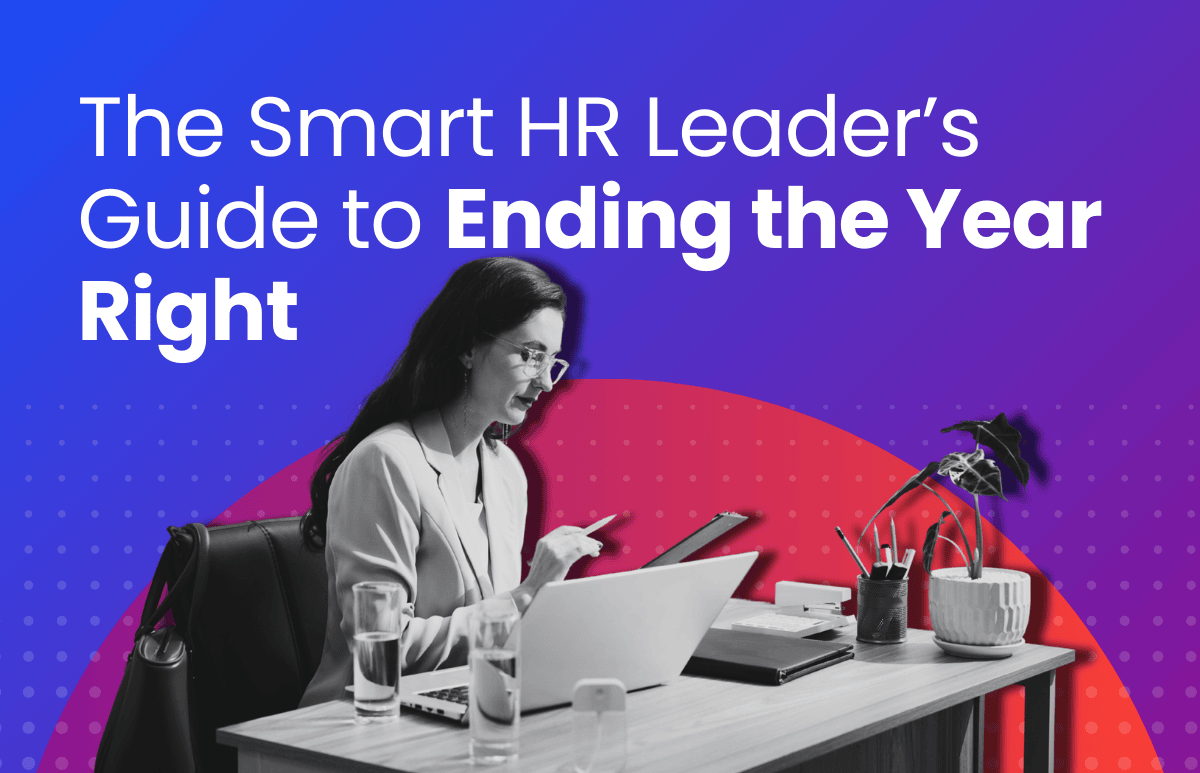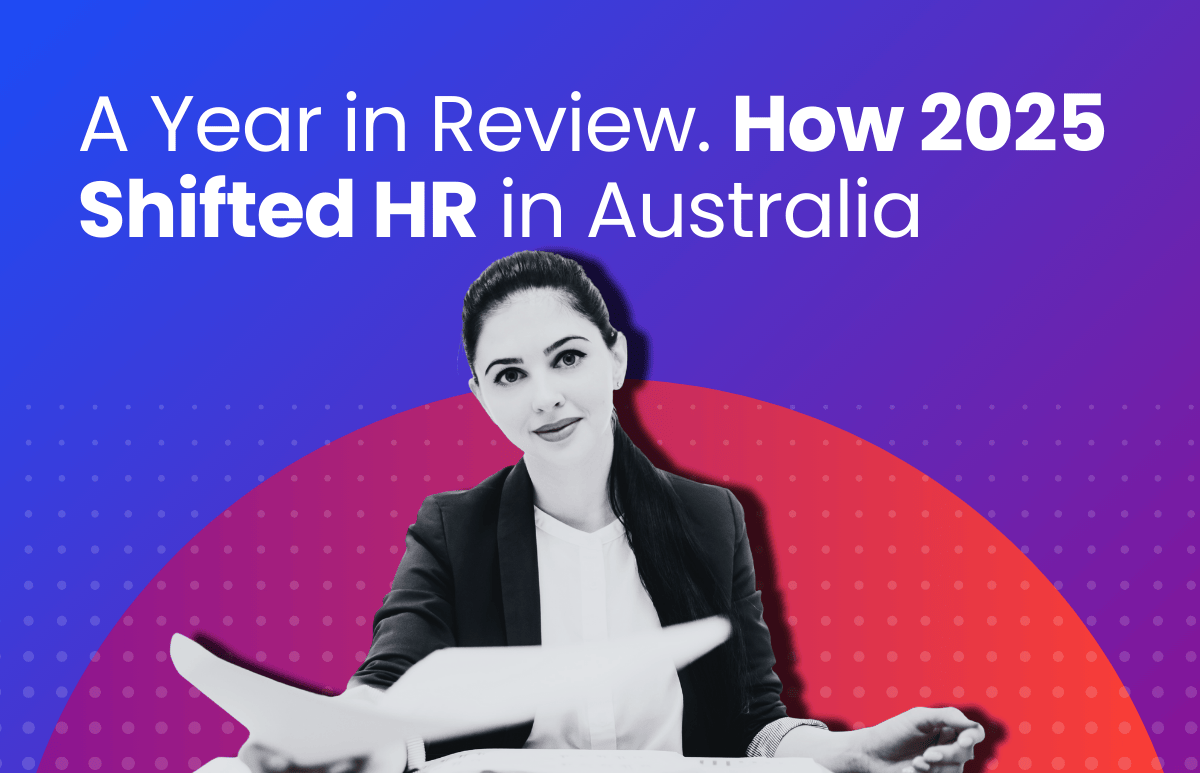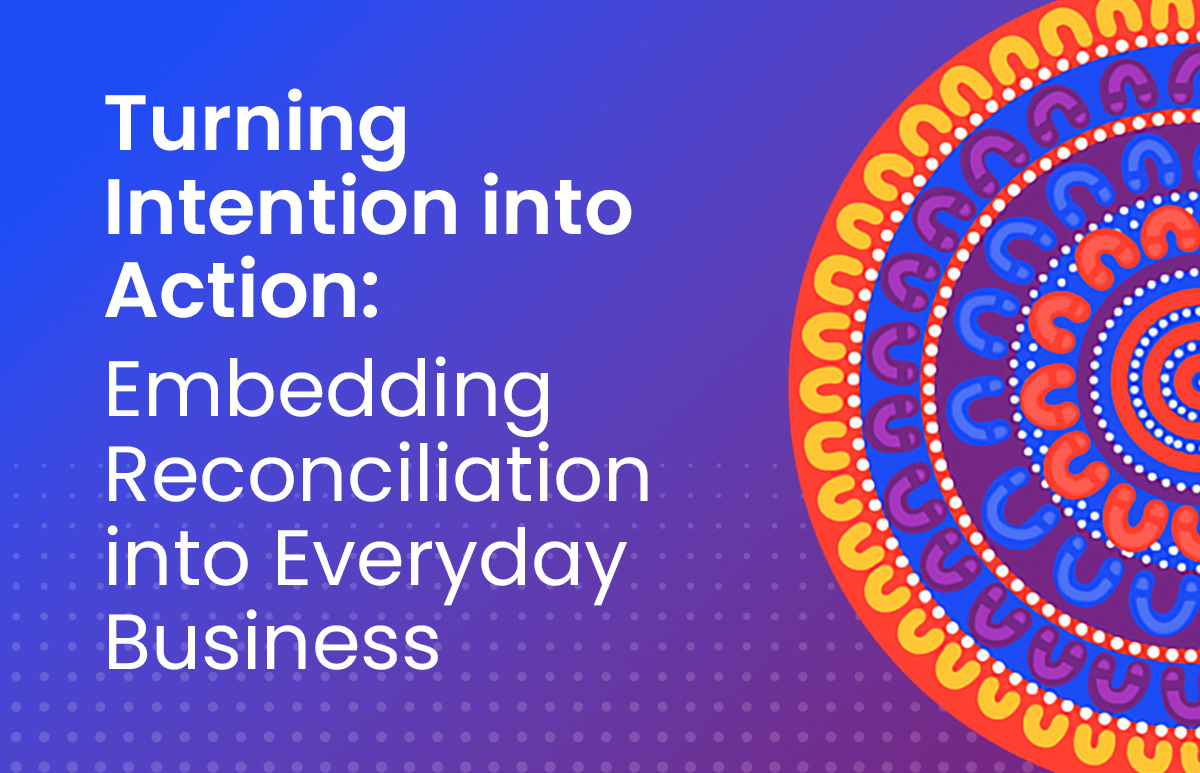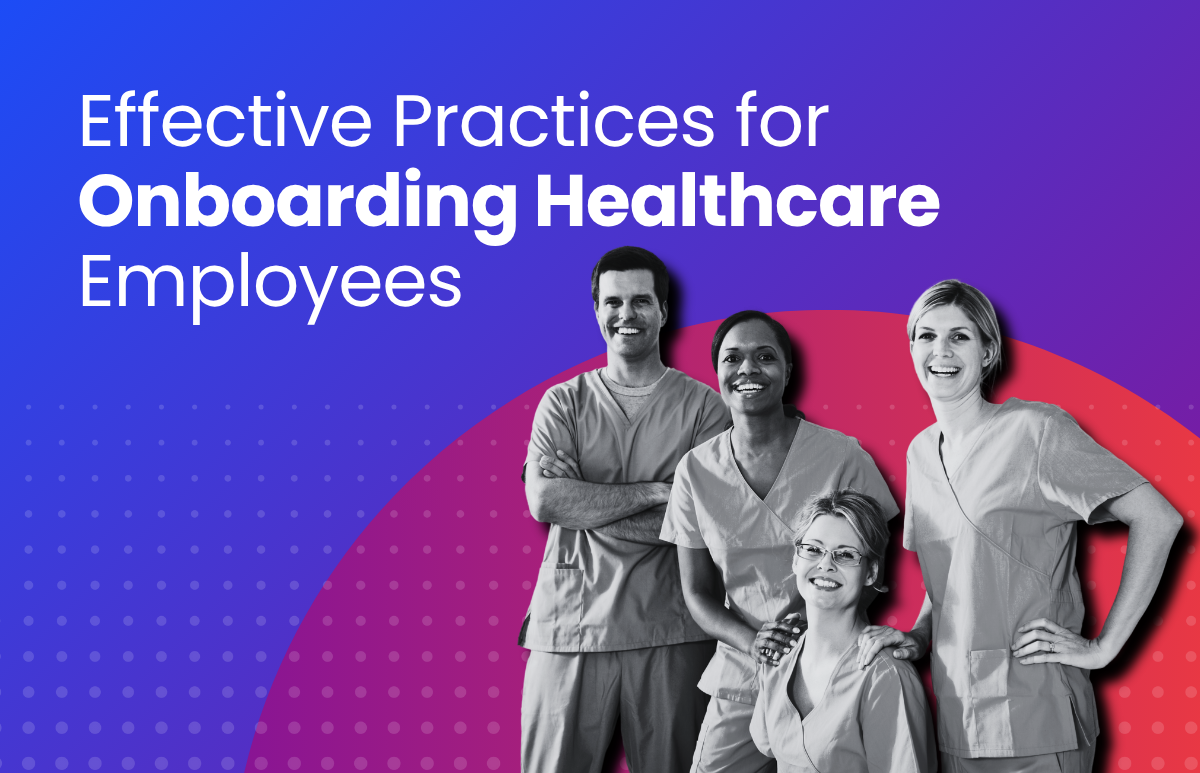Recruiting and Retaining Gen Z in 2025
What do we know about this generation's working habits, and how do we use these insights to design HR frameworks that meet their needs? We looked to our recent 2025 HR Industry Benchmark Report, which polled over 1200 HR professionals across Australia and New Zealand, to find out.
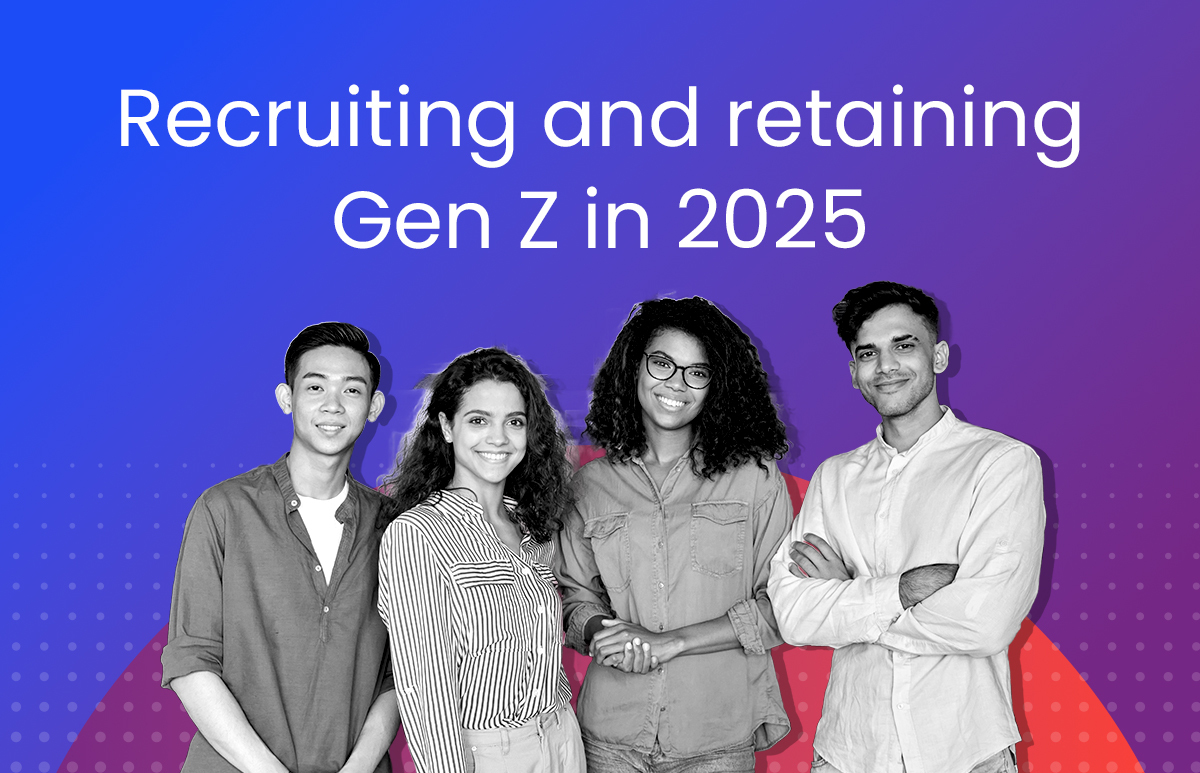
Gen Z (born between 1995 – 2012) will make up 27% of the workforce in 2025, according to the World Economic Forum, and now outnumber Baby Boomers. In fact, you may very well be in this cohort yourself. This creates a significant phenomenon for HR professionals to plan for.
Flexibility remains a key driver of recruitment and retention
Appetite for workplace flexibility remains high post-COVID. While some companies begin to rein in remote working and mandate more in-office or onsite days, we’re still seeing a stable demand for remote and hybrid work, particularly among Gen Z.
According to our 2025 HRIB report, 71% of organisations plan to change their work policy within the next year.This shift suggests that businesses are still struggling to find the right balance between in-office and hybrid work.
While 36% of companies maintain a full-time, on-site policy, a growing portion are adapting to hybrid structures due to increasing employee demand for flexibility.
Interestingly, flexible working ranks differently in importance across regions. In Australia, it sits sixth on the list of retention factors, while in New Zealand, it’s tied for second. With 65% of New Zealand companies already adopting hybrid work compared to 55% in Australia, the emphasis on work-life balance is more pronounced across the Tasman.
What does that mean for your recruitment strategy?
It’s rather clear that those who offer a reasonable amount of workplace flexibility will be in the driver’s seat when it comes to attracting Gen Z talent.
We found in our HRIB report that 84% of businesses report that they will be increasing their workforce this year. On average, HR professionals expect a 23% increase, making recruitment a key success factor in 2025.
According to our ongoing Employee Sentiment Index, Gen Z consistently ranks flexible work as a top factor in workplace retention; therefore, offering a flexible policy will increasingly become an important differentiator.
Let’s say a candidate from Gen Z has two offers on the table. One is offering hybrid or remote work, and the other is mandating a mostly onsite work environment. All else being equal, the organisation with the most flexible offering will almost certainly win that candidate over.
A new generation, a new set of expectations
Much of Gen Z entered the workforce during one of the most disruptive periods in modern work history, the COVID-19 pandemic. This unique experience has shaped their attitudes toward work in profound ways.
We found that 90% of HR professionals report a significant or notable difference in work styles between older generations (Baby Boomers, Gen X, and Millennials) and the emerging Gen Z workforce.
Beyond flexibility, Gen Z employees also want to feel valued and aligned with their company’s purpose. Employee engagement, which encompasses these factors, is the number one driver of retention for 38% of Australian businesses and 35% in New Zealand.
Upskilling and career development are key to retention
The demand for upskilling and training is becoming increasingly crucial for retention. According to the HRIB report, upskilling, cross-skilling, and reskilling employees are identified as the biggest challenges facing organisations across all age groups. Yet, investing in these areas can be a serious retention lever, particularly for younger Gen Z workers who value growth and career progression.
For example, recent findings from our Employee Sentiment Index indicate that Gen Z employees are more likely than any other generation to pursue career advancements.
In Australia, Gen Z workers were the most likely to earn a promotion (16%), apply for a new role in a new company (17%), and interview for a new position (15%), outpacing Millennials, Gen X, and Baby Boomers.
Meanwhile, in New Zealand, Gen Z remains the most likely to explore new opportunities, with 34% having thought about a career move in the past three months. While nearly 80% of NZ employees believe they are in the right role, this sentiment is strongest among older generations, and lowest among Gen Z.
This indicates that younger employees who feel their skills are being developed are less likely to seek external opportunities. With Gen Z employees actively looking for ways to advance, providing clearer pathways for growth and learning opportunities can help mitigate the risk of turnover.
AI as an enabler of both recruitment and engagement
AI technology is rapidly transforming HR practices. With 86% of HR professionals expecting AI to have a transformative or significant impact in the coming year.
Embracing AI tools across the organisation and updating work practices offers a modern and attractive workplace that will appeal to younger digital natives, and increase engagement.
By investing in AI-driven initiatives, companies can create a workplace where Gen Z not only wants to stay, but also thrives.
The bottom line
To stay competitive, HR leaders must adapt to these evolving generational expectations. That means rethinking policies to allow for greater autonomy, investing in career development opportunities, and integrating advanced technologies that make work smarter, not harder. By embracing these changes in your approach to HR, you can create a work environment where Gen Z flourishes.
 HR Core
HR Core 